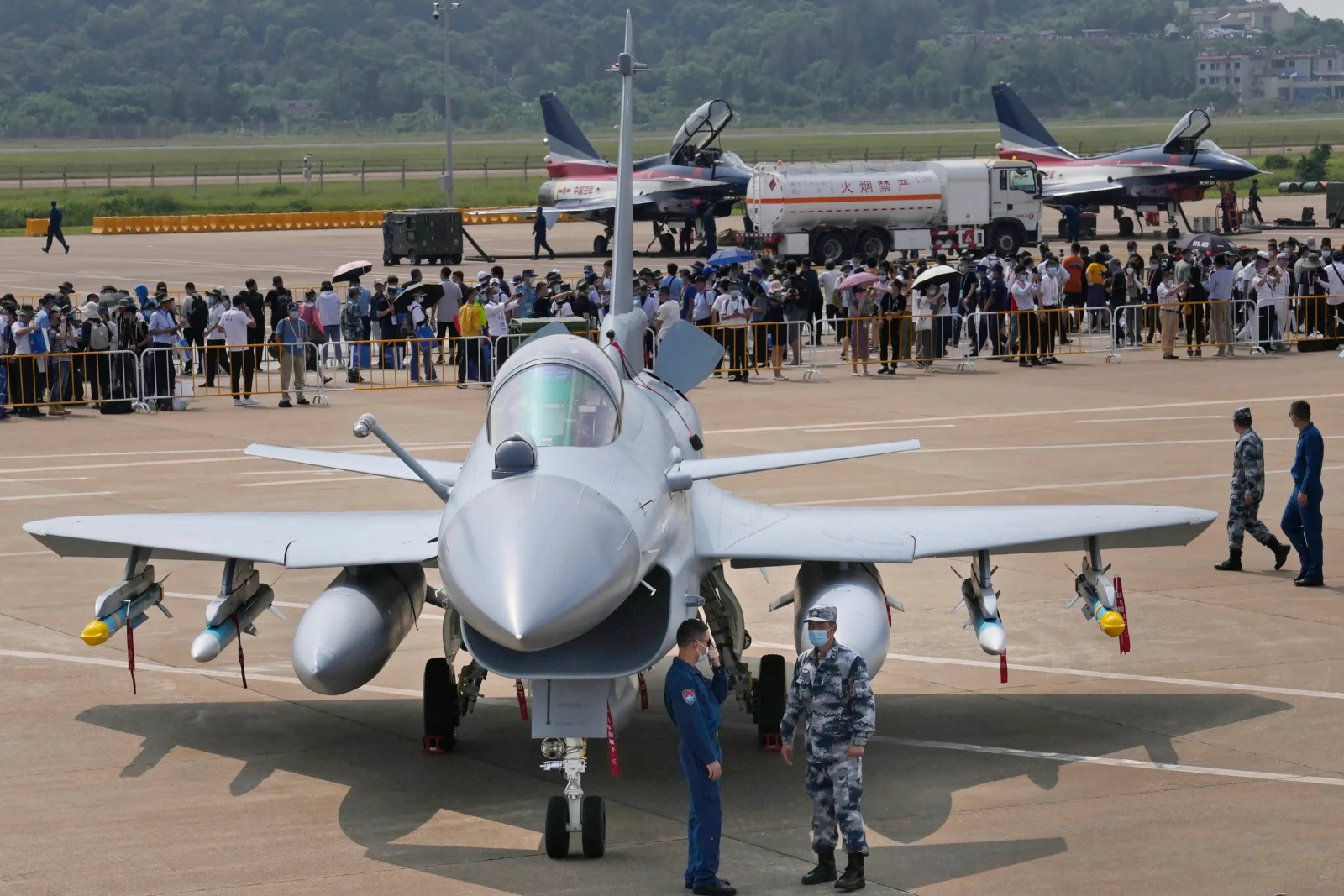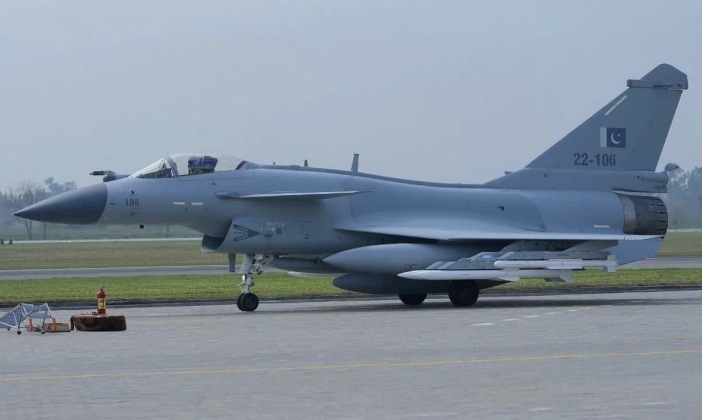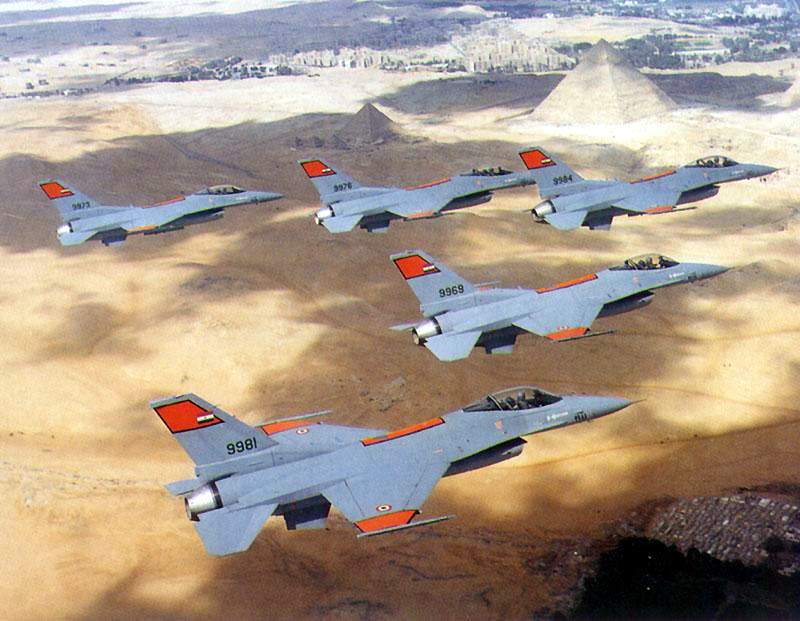Egypt reportedly shifts from US F-16s to Chinese J-10C fighters
 A Chinese J-10 fighter jet. (Photo via China Military)
A Chinese J-10 fighter jet. (Photo via China Military)
Egypt has reportedly decided to replace its aging fleet of U.S. made F-16 Fighting Falcons with Chinese J-10C fighters, signaling a significant shift in its defense strategy. The move follows Egypt’s recent entry into the BRICS bloc, further aligning Cairo with Beijing.
Egypt’s defense diversification and geopolitical shift
Egypt has been diversifying its military hardware sources, recently acquiring combat aircraft from France. The latest purchase of the J-10C fighter jets from China represents a strategic step in modernizing the Egyptian Air Force. These Chinese-built, 4.5+ generation fighters will replace Egypt’s aging F-16s, which have been in service since the 1980s.
As Kostas Tigkos from global military intelligence company Janes noted, “China is expanding and targeting the (Middle East) regional market.” He highlighted that this deal opens new opportunities for security collaboration and trade development between China and the region.

The decision may also reflect broader geopolitical concerns, particularly Egypt’s response to U.S. support for Israel’s operations in Gaza. With fears of Palestinian refugees seeking asylum in Egypt, Cairo is reassessing its military partnerships, including with the U.S.
J-10C: F-16 competitor
The J-10C, known for its delta wing and canard design, entered service with the People’s Liberation Army Air Force (PLAAF) in 2004. Cairo’s decision to acquire these fighters positions Egypt as the second country after Pakistan to adopt the J-10C.
While the U.S. had offered the upgraded F-16V, Egypt chose the J-10C.

China’s growing presence in Middle East
The deal between Egypt and China comes in the wake of Cairo joining the BRICS bloc, including Brazil, Russia, India, South Africa, Ethiopia and the United Arab Emirates.
China showcased its military capabilities at the recent Egypt International Air Show, signaling its increasing influence in the Middle East and North Africa.
Egypt balances military ties with US
Despite the move toward Chinese military equipment, Egypt remains a key U.S. ally in the region. Recently, Cairo signed a deal to acquire two Lockheed Martin C-130J Hercules airlifters. The U.S. also continues to provide Egypt with substantial military aid, overriding human rights conditions. This year, Washington granted Egypt its full $1.3 billion allocation in military aid.

Ongoing human rights concerns in Egypt
While Egypt’s military ties with the U.S. remain strong, human rights issues continue to cast a shadow over the relationship. U.S. Secretary of State Antony Blinken waived conditions on $225 million of the aid tied to Egypt’s human rights record, citing national security interests.
As U.S. Senator Chris Murphy, chair of the Senate Foreign Relations Committee’s Middle East subcommittee, stated, “It’s no secret that Egypt remains a deeply repressive autocratic state.” Human rights groups maintain that thousands of political prisoners remain detained in Egypt despite some limited reforms.



